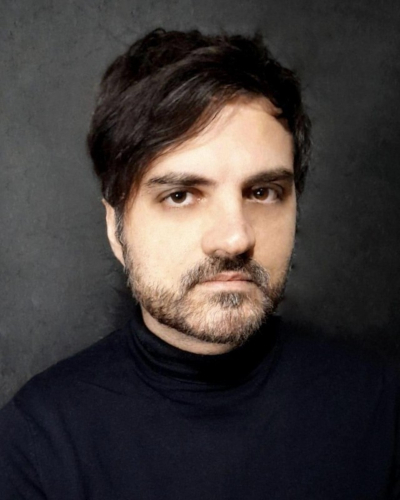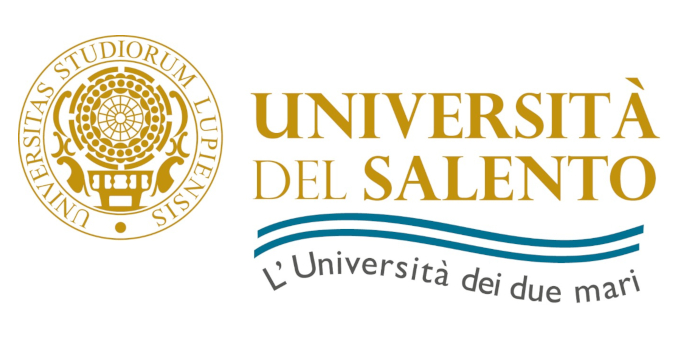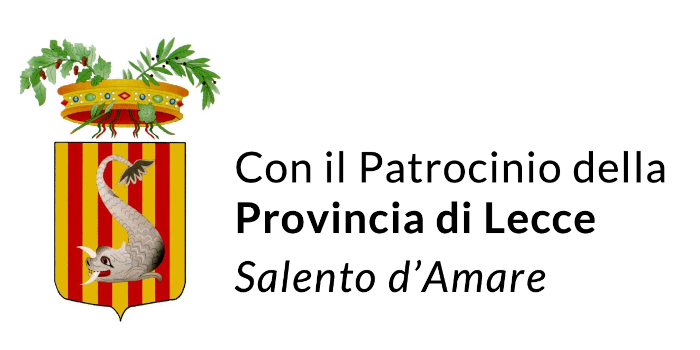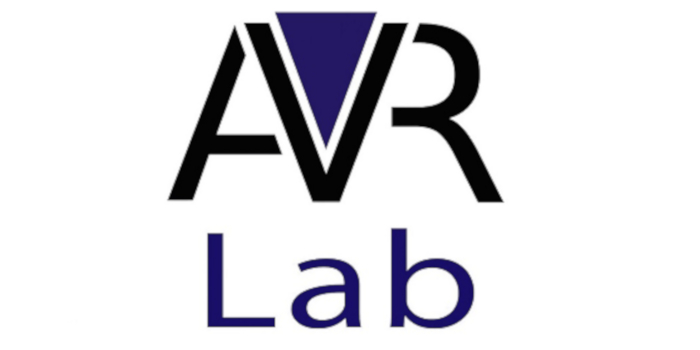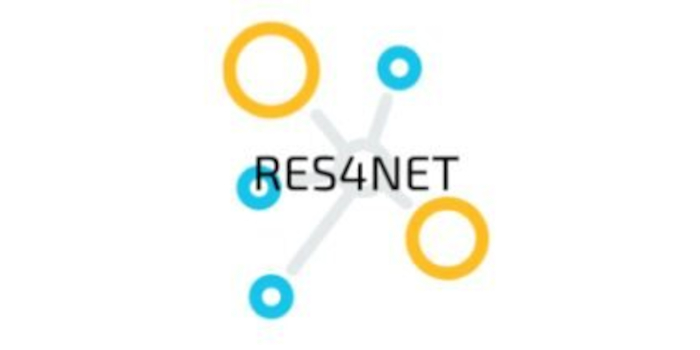SPECIAL SESSION #8
The Experience of XR technologies and the role of sense of presence in the study, influence and education of behavior
ORGANIZED BY
Stefano Triberti
Faculty of Human Sciences - Università Telematica Pegaso, Italy
Raffaele Di Fuccio
Faculty of Human Sciences - Università Telematica Pegaso, Italy
Valerio De Luca
AVR Lab, Department of Engineering for Innovation, University of Salento, Italy
Giovanni D'Errico
DISAT - Politecnico di Torino, Torino, Italy
ABSTRACT
The study of user experience in eXtended Reality (XR) deals with many factors, especially the sense of presence. Presence refers to the subjective experience of being in one place or environment, independently of where a subject is actually located. According to many theories across the literature, presence could be considered a mere function of virtual reality (media presence) or alternatively a fundamental function of human cognition, independent of the fruition of a medium (inner presence). Sense of presence is usually regarded as a fundamental factor that impacts XR technologies' effectiveness; thanks to the achievement of a high level of presence, XR users could experience a simulation as realistic and engaging, so that their cognitive processes and behavior are affected by it in meaningful ways. For example, XR solutions could be applied for educational and research aims.
This special session aims to gather new work on theoretical models and research results on XR for education, experimental research and behavioral change in general, with a focus on sense of presence, immersion and/or engagement or in other words on the user experience of the technology.
TOPICS
Topics of interest include, but are not limited to, the following:
- Presence, Immersion,Involvement
- Attention, flow, emotion in XR
- Influence of the interaction mode (handheld controllers, gestures, voice commands) and/or of psychological factors (e.g. narrative aspects; users’ personality)
- XR (virtual reality and augmented reality) for educational aims or teaching, with a focus on experiential factors
- XR/presence/immersion/involvement in experimental research on users' behavior and cognitive processes
- XR for behavioral change (e.g., advertising and persuasion)
- User Experience evaluation of XR
ABOUT THE ORGANIZERS
Stefano Triberti, PhD, is associate professor of General Psychology at Università Telematica Pegaso, Italy, and professor of Artificial Intelligence, Sustainability and Society at SKEMA Business School, Paris, France. He is editor of the scientific journals PLOS ONE and Frontiers in Psychology. His main research areas, on which he has published numerous books and scientific articles, deal with the usage of new technologies for the promotion of health and well-being, with a particular focus on games and video games, Virtual Reality and Artificial Intelligence.
Raffaele Di Fuccio, PhD, is an associate professor in Special Pedagogy (M-PED/03) at Pegaso University. He is a biomedical engineer with a Ph.D. in Human Mind and Gender Studies from the University of Naples – Federico II. His research interests focus on enhancing learning through the application of innovative technologies, particularly in the use of a multisensory approach to teaching, enhanced by digital tools, leveraging the potential of Mixed Reality systems and, in particular, the Tangible User Interfaces (TUI) paradigm. He is also interested in the application of serious games in training and education.
Valerio De Luca graduated magna cum laude from the University of Salento in Computer Engineering in 2009 and received a Ph.D. in Information Engineering from the same university in 2014. He is currently an Assistant Professor at the Department of Engineering for Innovation at the University of Salento. His past research interests include grid computing, distributed systems for real-time audio-video streaming and QoE. Since 2015, he works with the Augmented and Virtual Reality Laboratory (AVR Lab), where he is involved in projects on human-computer interaction and extended reality for medicine, education, cultural heritage. He recently worked also on GPU computing, with application to optimal UAV path planning, and on augmented reality for improvement of situation awareness in UAV remote control. Since 2022, he has been working on an extended reality project for preoperative planning and intraoperative support in orthopedic surgery.
Giovanni D’Errico received the M.S. degree in Computer Science Engineering in University of Salento. He is currently a PhD student at the Polytechnic University of Turin (doctoral school in Metrology). His current research interests include the study of Passive Brain Computer Interfaces (BCI) and eXtended Reality (XR) solutions to foster the EEG-based measurement of mental states. His past research interests include the study of XR applications and gamification in the context of smart cities, cultural heritage smart fruition and neurocognitive rehabilitation. He is currently part of AVRLab (University of Salento) and ARHeMLab (University of Naples Federico II).





